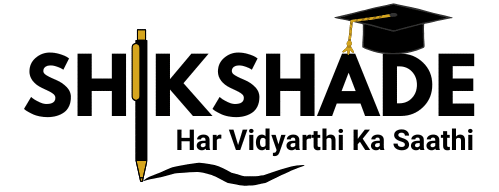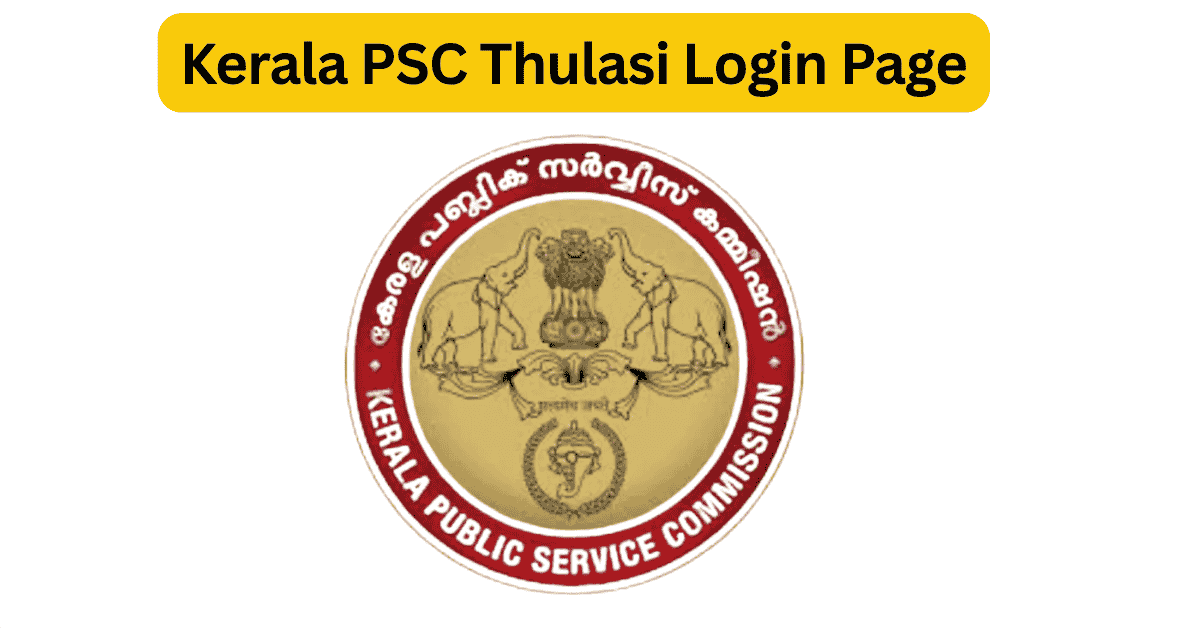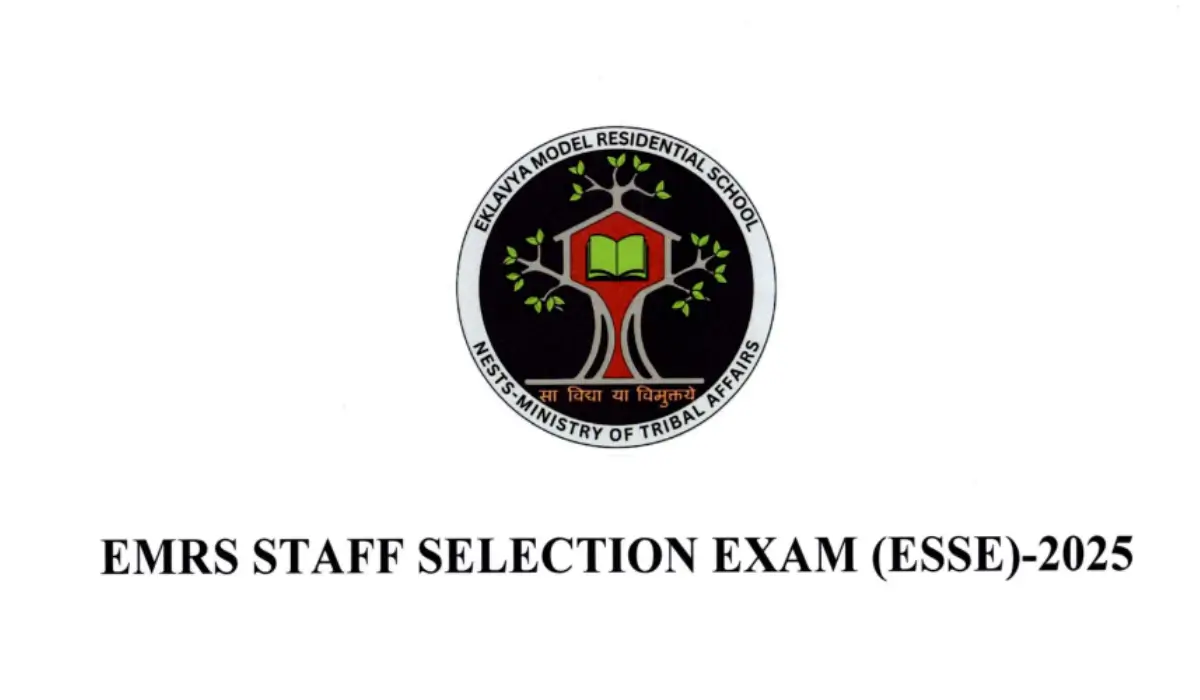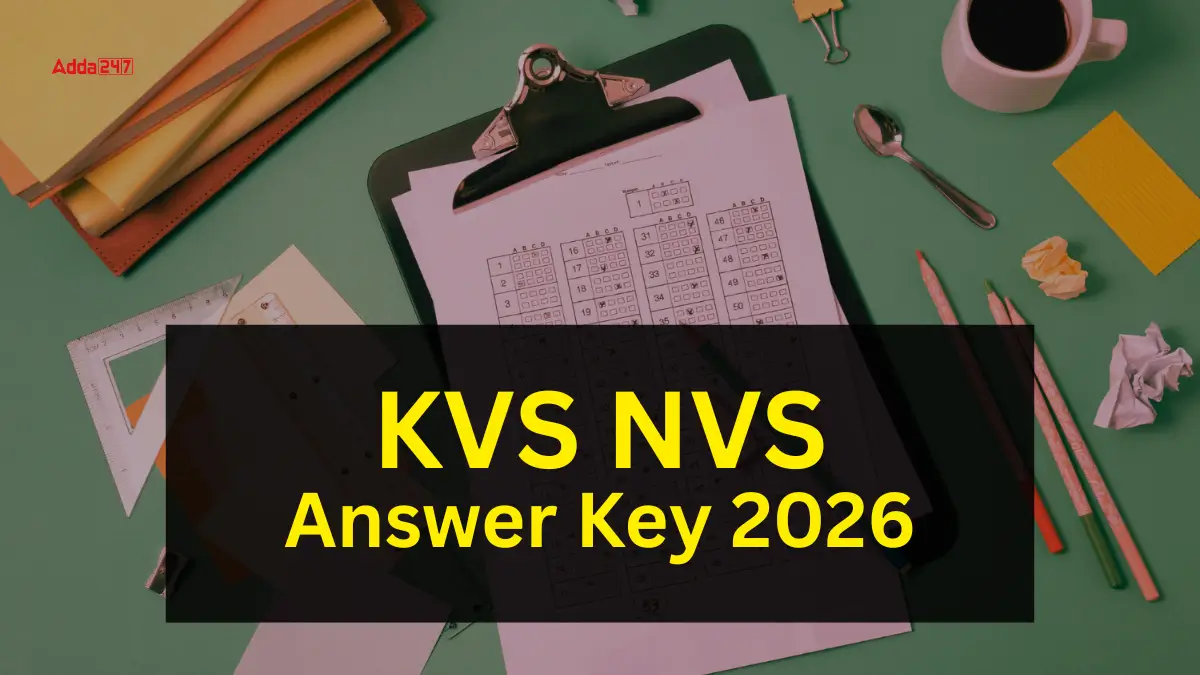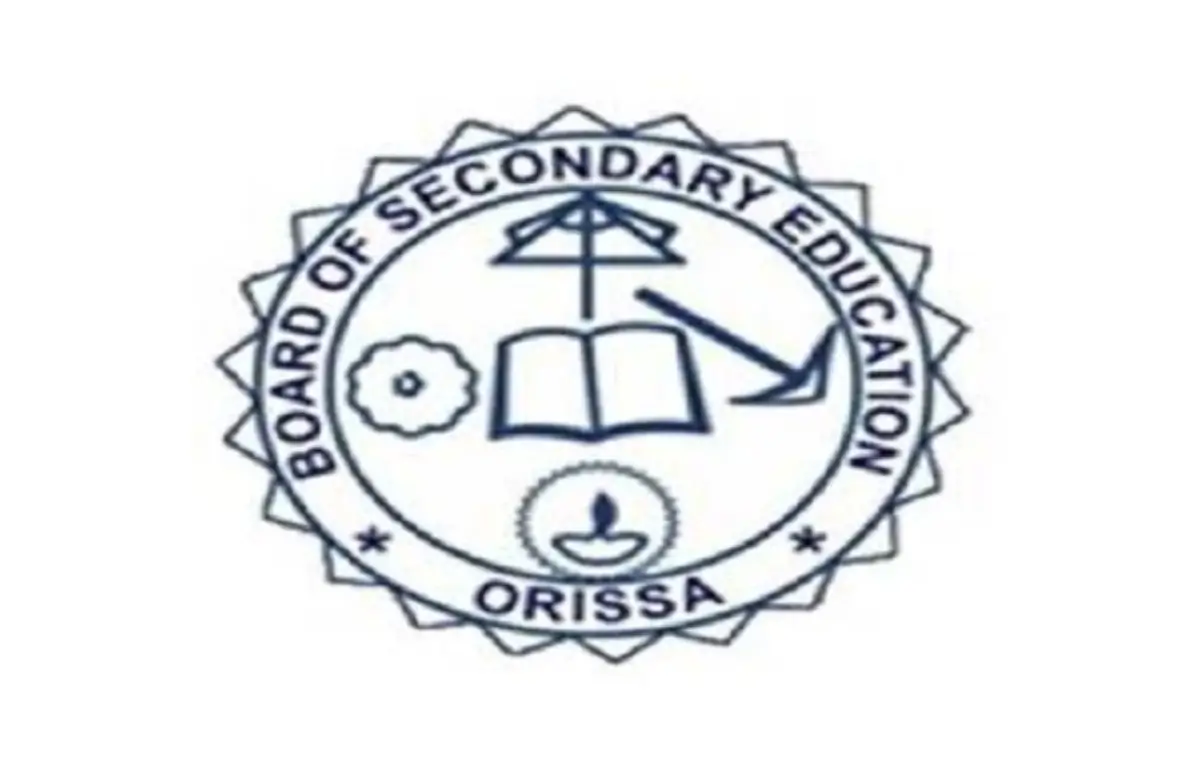The Delhi Development Authority (DDA) will conduct a computer-based test for recruiting junior engineers. As the exam approaches, it’s important to review the DDA JE Syllabus to improve your preparation. This article provides a detailed overview of the syllabus to help candidates understand the topics better. Delhi Development Authority (DDA) has announced 248 job vacancies for various positions. Candidates will be chosen based on their performance in a written test. To score well in the DDA JE exam, it’s important to start preparing with the official syllabus, which is available on the DDA’s website.
DDA JE Syllabus 2025
Understanding the syllabus for a recruitment exam is important for effective preparation. To help the candidates, we have provided the DDA JE Syllabus 2025 here. It is important for candidates to carefully review the detailed overview of the DDA JE recruitment process to start their preparation.
| DDA JE Syllabus 2025 | |
| Recruitment Organization | Delhi Development Authority (DDA) |
| Post Name | Junior Engineer & Various Vacancies |
| Vacancies | To be notified |
| Mode of Application | Online |
| Job Location | Delhi |
| Selection Process | Written Test |
| DDA Official Website | https://dda.gov.in/ |
DDA JE Syallbus & Exam Pattern 2025
DDA JE Exam 2025 will have 120 questions from various topics related to the chosen subject. Candidates will have 2 hours to complete the test. All questions carry the same marks. For every wrong answer, 1/3 mark will be deducted. If more than one option is selected for a question, it will also be marked as incorrect. The table below shows the detailed exam pattern.
| DDA JE Exam Pattern 2025 | |||
| Subject | Number Of Questions | Total Marks | Exam Duration |
| General Awareness | 40 | 40 | 2 hours |
| Reasoning | |||
| Quantitative Aptitude | |||
| English Language | |||
| Technical Discipline-wise | 80 | 80 | |
| Total | 120 | 120 | |
DDA JE Subject-Wise Syllabus
The DDA JE Syllabus for both parts of the DDA Junior Engineer Examination is provided here. Candidates should start their preparation by reviewing the details below.
DDA JE Technical Knowledge Syllabus 2025
This section covers all the technical domain knowledge in detail. Refer to the table below for the DDA Junior Engineer Syllabus for the Technical Domain.
| Subjects | Topic-Wise DDA Syllabus |
| DDA JE Civil Syllabus |
|
DDA JE Non-Technical Section Syllabus 2025
The non-tech part will also be important for the selection in the DDA Recruitment 2025 for junior engineers. Refer to the table below for the Non-Tech section.
| Subjects | Topics |
| General Awareness | General Awareness: Questions in this component will be aimed at testing the candidate’s general awareness of the environment around him and its application to society. Questions will also be designed to test knowledge of current events and such matters of everyday observation and experience in their scientific aspect as may be expected of any educated person. The test will also include questions relating to India and its neighboring countries, especially about history, culture, geography, the economic scene, general policy, and scientific research. |
| Reasoning | General Intelligence & Reasoning: It would include questions of both verbal and non-verbal types. This component may include questions on analogies, similarities and differences, space visualization, spatial orientation, problem-solving, analysis, judgment, decision-making, visual memory, discrimination, observation, relationship concepts, arithmetical reasoning, figural classification, arithmetic number series, non-verbal series, coding and decoding, statement conclusion, syllogistic reasoning, etc. The topics are semantic analogy, symbolic/number analogy, figural analogy, semantic classification, symbolic/number classification, figural classification, semantic series, number series, figural series, problem solving, word building, coding & decoding, 19 numerical operations, symbolic operations, and trends. Space Orientation, Space Visualization, Venn Diagrams, Drawing inferences, Punched hole/pattern folding & unfolding, Figural Pattern folding and completion, Indexing, Address matching, Date & city matching, Small & capital letters/numbers coding, decoding, and classification. |
| Quantitative Aptitude | Quantitative Aptitude: The questions will be designed to test the ability to appropriately use numbers and the number sense of the candidate. The scope of the test will be the computation of whole numbers, decimals, fractions, and relationships between numbers, percentages, ratios, and proportions. Square roots, Averages, Interests, Profit and Loss, discounts, Partnership Business, Mixture and allegation, Time and distance, Time & work, Basic algebraic identities of school algebra, Triangle and its various kinds of centers, Congruence and similarity of triangles, circles and its chords, tangents, angles subtended by chords of a circle, common tangents to two or more circles, Triangle, Quadrilaterals, Regular Polygons, Circle, Sphere, Hemispheres, Rectangular Parallelepiped, Regular Right Pyramid with triangular or square base, Trigonometric ratio, Standard Identities, Complementary angles, Heights and distances, Histogram, frequency polygon, bar diagram & pie chart. |
| English Language | English Language & Comprehension: Questions in this component will be designed to test the candidate’s understanding and knowledge of the English language and will be based on spotting errors, filling in the blanks, synonyms, antonyms, spelling/detecting misspelled words, idioms & phrases, one-word substitution, improvement of sentences, active/passive voice of verbs, conversion into direct/indirect narration, shuffling of sentence parts, shuffling of sentences in a passage, cloze passage & comprehension passage. |
DDA JE Syllabus PDF Download Link
Candidates preparing for the exam can use the DDA JE syllabus to get familiar with the key subjects. Download and print the PDF to help track your preparation progress. The PDF includes a breakdown of chapters and topics for each subject, so it’s highly recommended for candidates to review the DDA JE Syllabus PDF provided below.
